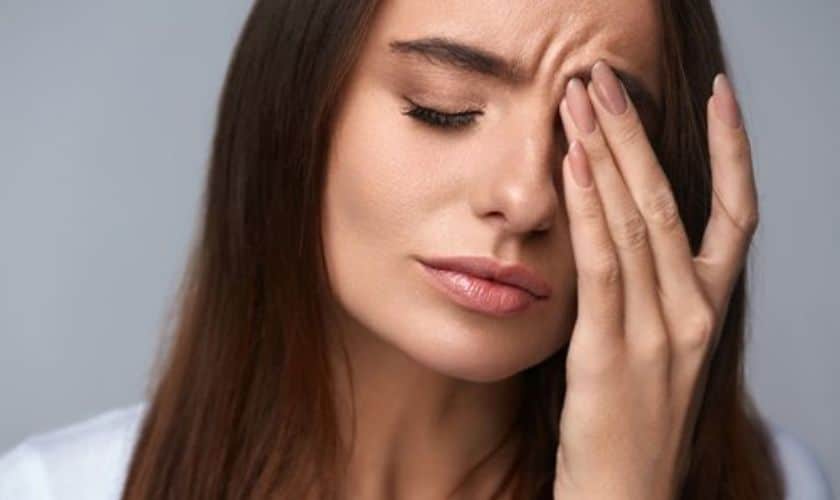Do you suffer from eye twitching? You’re not alone. This annoying and sometimes embarrassing condition affects millions of people worldwide. But did you know that there are simple ways to stop the involuntary spasms in your eyes? In this blog post, we’ll explore five things you probably didn’t know about how to stop eye twitching. From causes and triggers to natural remedies and lifestyle changes, we’ve got all the tips and tricks you need to keep your eyes steady as a rock. So, let’s dive in!
What Causes Eye Twitching?
There are a few things that can cause your eye to twitch. One is stress. When you’re stressed, your body tenses up, and that includes the muscles around your eyes. Another possible cause is fatigue. If you’ve been burning the candle at both ends, your tiredness can manifest as an eye twitch. Caffeine and alcohol can also contribute to eye twitching, as they are both dehydrating and can cause the muscles to spasm.
When to Seek Medical Attention for Eye Twitching
Most of the time, eye twitching is nothing to worry about and will go away on its own. However, there are a few times when you should seek medical attention for your eye twitching. If your eye twitching is accompanied by other symptoms such as pain, redness, swelling, or discharge, you should see a doctor. This could be a sign of an infection or another serious condition. If your eye twitching lasts for more than a week or two, you should also see a doctor. This could be a sign of a more serious condition such as blepharospasm or hemifacial spasm.
Prevention of Eye Twitching
There are a few things that you can do in order to prevent eye twitching. One is to make sure that you are getting enough sleep. This means that you should aim for at least eight hours of sleep per night. If you find that you are not able to get this much sleep, then you may want to consider taking a nap during the day.
Another way to prevent eye twitching is to reduce your stress levels. This can be done by making sure that you take breaks throughout the day, and by avoiding situations that tend to cause you stress. If you find that your job is causing you a lot of stress, then it may be time to look for a new one.
Finally, another way to help prevent eye twitching is to make sure that you are eating healthy foods. This means eating plenty of fruits and vegetables, as well as avoiding processed foods.
Summary
Eye twitching can be a real annoyance, but we hope that this article has shown you ways to help prevent it. From getting plenty of sleep and reducing stress levels to using the right eye drops or seeing your doctor for further advice – there are many things you can do to reduce the amount of eye twitching your experience. Remember that if your eye twitching persists, then make sure you visit your optometrist or ophthalmologist as soon as possible so that they can give specific advice tailored to your needs.
Eye twitching can potentially be a symptom of jaw clenching, a common dental issue that can cause muscles to overwork. If you are having frequent eye twitching visits your dentist for an exam so they can decide if your jaw is misaligned and provide treatment such as a dental splint to reduce the tension in the muscles.
Eye twitching typically doesn’t last long and usually resolves itself without treatment within a few days. In rare cases, longer-lasting eye twitching can be indicative of an underlying medical condition such as stress, a diet deficiency, a neurological disorder, or certain medications. If your eye twitching persists for more than two weeks, it is recommended that you consult with a dentist who can provide additional information and assistance.


